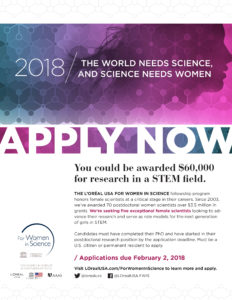Just released: MoneyBall Medicine: Thriving in the New Data-Driven Healthcare Market, a new book authored by Harry Glorkian & Malorye Allison Branca
From Amazon.com: “How can a smartwatch help patients with diabetes manage their disease? Why can’t patients find out prices for surgeries and other procedures before they happen? How can researchers speed up the decade-long process of drug development? How will “Precision Medicine” impact patient care outside of cancer? What can doctors, hospitals, and health systems do to ensure they are maximizing high-value care? How can healthcare entrepreneurs find success in this data-driven market?
A revolution is transforming the $10 trillion healthcare landscape, promising greater transparency, improved efficiency, and new ways of delivering care. This new landscape presents tremendous opportunity for those who are ready to embrace the data-driven reality. Having the right data and knowing how to use it will be the key to success in the healthcare market in the future. We are already starting to see the impacts in drug development, precision medicine, and how patients with rare diseases are diagnosed and treated. Startups are launched every week to fill an unmet need and address the current problems in the healthcare system. Digital devices and artificial intelligence are helping doctors do their jobs faster and with more accuracy.
MoneyBall Medicine: Thriving in the New Data-Driven Healthcare Market, which includes interviews with dozens of healthcare leaders, describes the business challenges and opportunities arising for those working in one of the most vibrant sectors of the world’s economy. Doctors, hospital administrators, health information technology directors, and entrepreneurs need to adapt to the changes effecting healthcare today in order to succeed in the new, cost-conscious and value-based environment of the future. The authors map out many of the changes taking place, describe how they are impacting everyone from patients to researchers to insurers, and outline some predictions for the healthcare industry in the years to come.”
